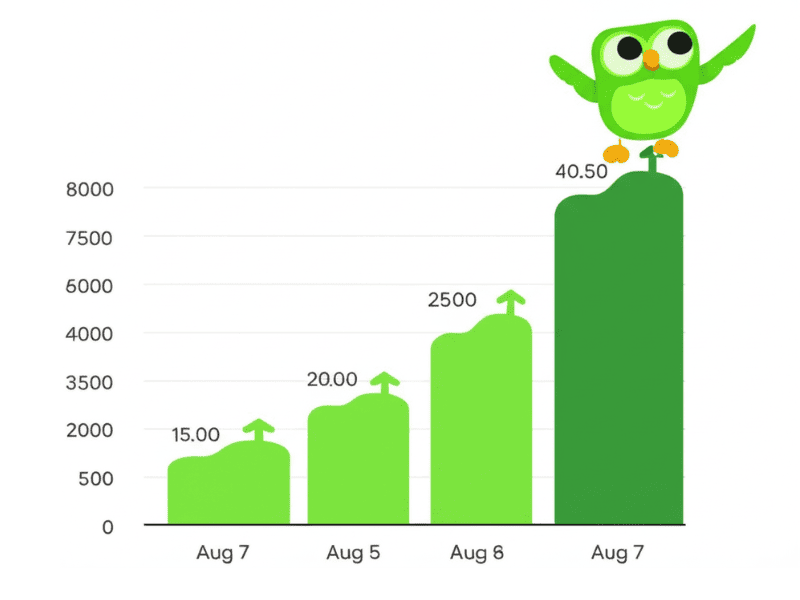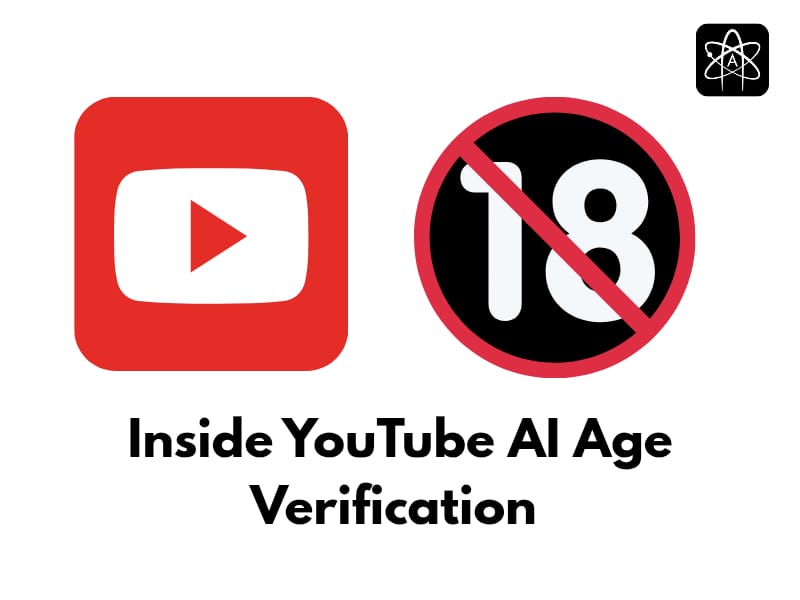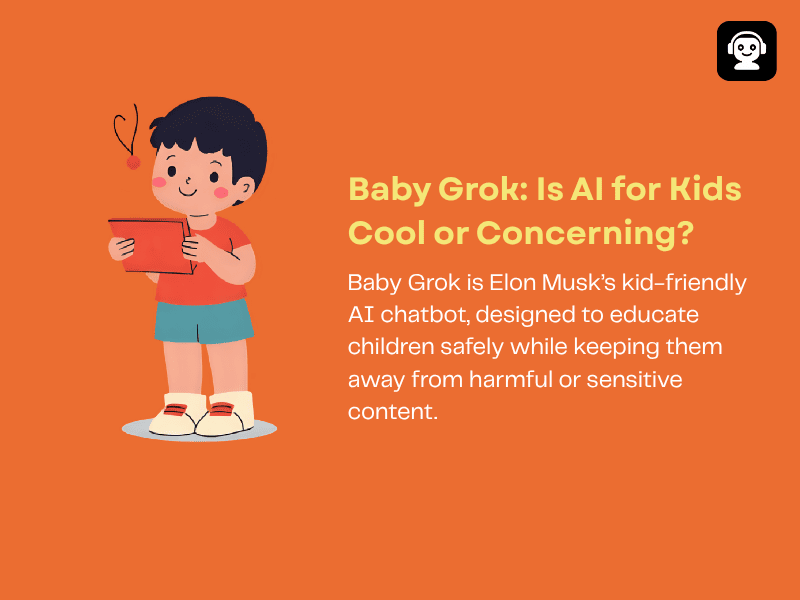Duolingo’s 2025 Roller Coaster Ride: AI Risks and Earnings Triumph
Duolingo, a popular language learning platform, is having a rollercoaster week this month. Duolingo successfully delivered positive Q2 results,

Duolingo, a popular language learning platform, is having a rollercoaster week this month. Duolingo successfully delivered positive Q2 results, which enhanced the investors’ confidence. The number of people using Duolingo daily went up 40% from last year, monthly users grew 24%, and the paid subscribers increased 37%.
Duolingo revenue increases 41% to $252.3 million. For the next quarter, Duolingo is also expecting to earn between $257 million and $261 million in revenue, and all these things helped the platform’s stock price jump nearly 28%.
The year was going fine for Duolingo until the recent release of GPT-5 happened. GPT-5 is the most dangerous version of AI, a tool that can make websites and apps in less time after getting the right prompt. Creating any app became easier with the launch of this tool and created an issue for many creators; one of them is the language learning platform, Duolingo.

Duolingo Faces a Challenge After OpenAI Announcement
Things were going pretty fine with Duolingo before the recent launch of GPT-5 by OpenAI. The platform is capable enough to build a French teaching app in just minutes, or you can say functionally mimic Duolingo’s core offering. This raised the alarm among all AI creators and other creators like Duolingo, whose base service can be in danger.
Duolingo stocks shot up by 30% after GPT-5 created a French learning app for Yann Dubois‘ friend. The sinking moment for Duolingo continued till Friday, with its stock sinking 4% at the end of the week. Yahoo Finance put it simply in one line This “roller-coaster ride highlights the risks of competing in the AI space.”
The OpenAI ChatGPT-5 has just been released, and it’s already affected the stocks of Duolingo, so imagine the impact the new upgrade of it in the future could have. It’s just a start. If Duolingo didn’t make some changes in itself, which can make it better than AI apps, then in the future, the competition can be between AI and other app creators who invested a long time in creating a specific app or website.
The Growth of Duolingo’s Potential and Risk
Duolingo is right now walking on a tightrope, achieving good growth in revenue but also facing constant competition from AI. On one hand, people are choosing duoling more for their language learning, monetisation metrics soared, and on the other hand, new innovations like OpenAI ChatGPT-5 are making the environment stressed for them. The creations like this, where the apps can be created in minutes and become able to take the place of those that have been in use for a long time, are something very threatening for the creators who believe in catering a single app for all things.
The AI threat is not only for Duolingo but also for other companies with the same purpose and those whose work is also a thing of minutes for the AI. The key difference between the two is that the company managing the app has a singular focus, which means they do not simply create apps; instead, they focus on creating a comprehensive user experience. On the other side, the AI platform like ChatGPT-5 does create the apps, but it has its little flaws.
The fact that the AI danger is rising for Duolingo still doesn’t change its fundamentals. Since any other app might consider replacing them in the language learning space, they are still steadfast and working to concentrate on their marketing goal so they can advertise it tomorrow and reach a larger audience.
Know More: Sam Altman Bets on the New India OpenAI GPT-5 Growth
Know More: Perplexity vs. Cloudflare in 2025: The Battle Over AI Crawlers and Web Defenses
Implications for the Future of Duolingo
This week, two things got cleared for Duolingo: the app is reaching growth, and it is clearly showing in their charts. The competition is also becoming more intense; the current Duolingo rival is not from other businesses that operate similarly to Duolingo, but rather from a more sophisticated and entirely AI-based product. In order to stay ahead of the competition, Duolingo must continue to innovate, seamlessly integrate AI into its system as though it were an integral part of it, and market its service in a way that will appeal to consumers of AI apps.
In a matter of days, Duolingo became the one touching the sky and then suffering from the anxiety of competition. Duolingo now not only needs to ride the wave but also has to steer it. Future developments will reveal how AI will impact the market for applications like Duolingo and how these apps will carve out a niche for themselves in this conflict.





